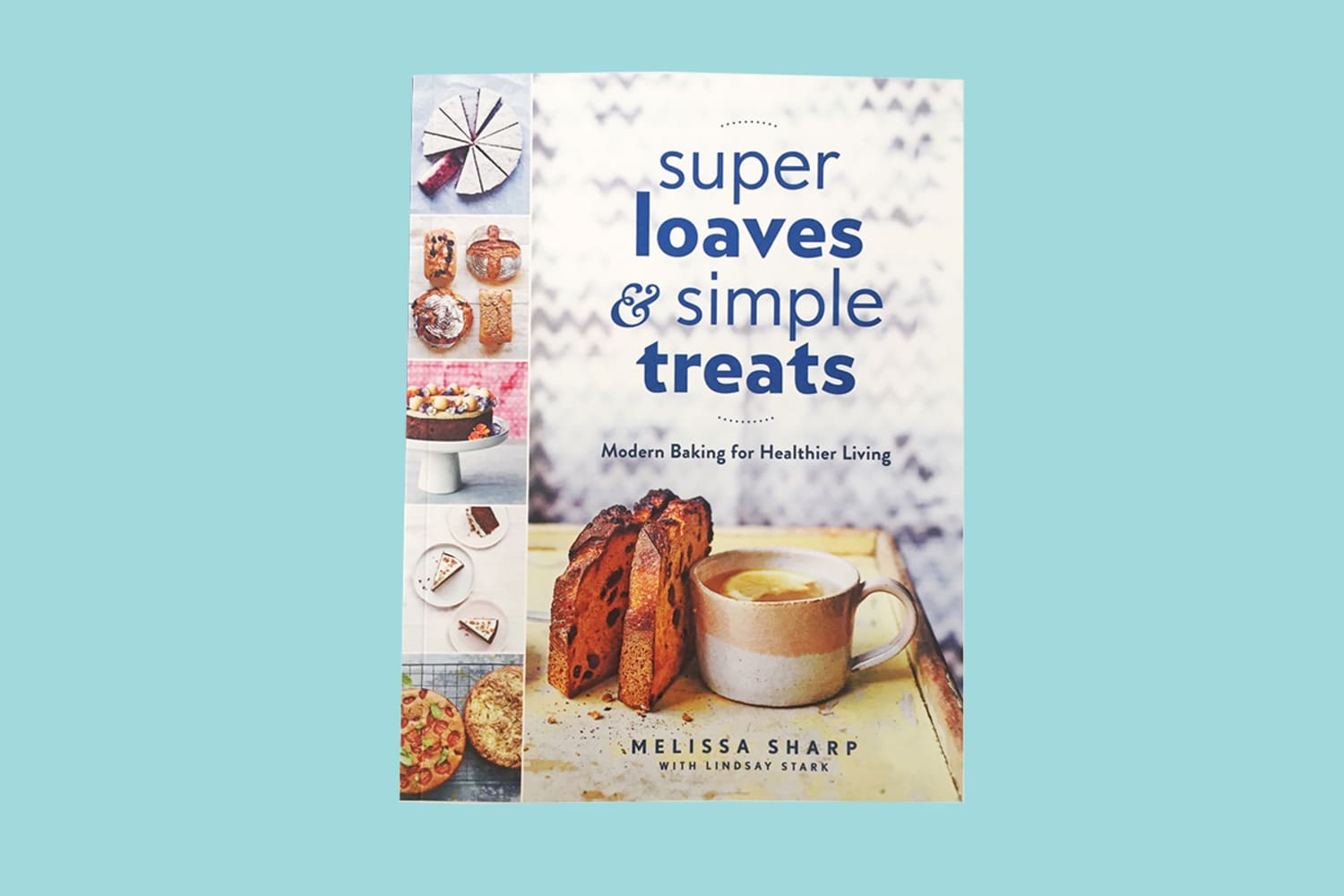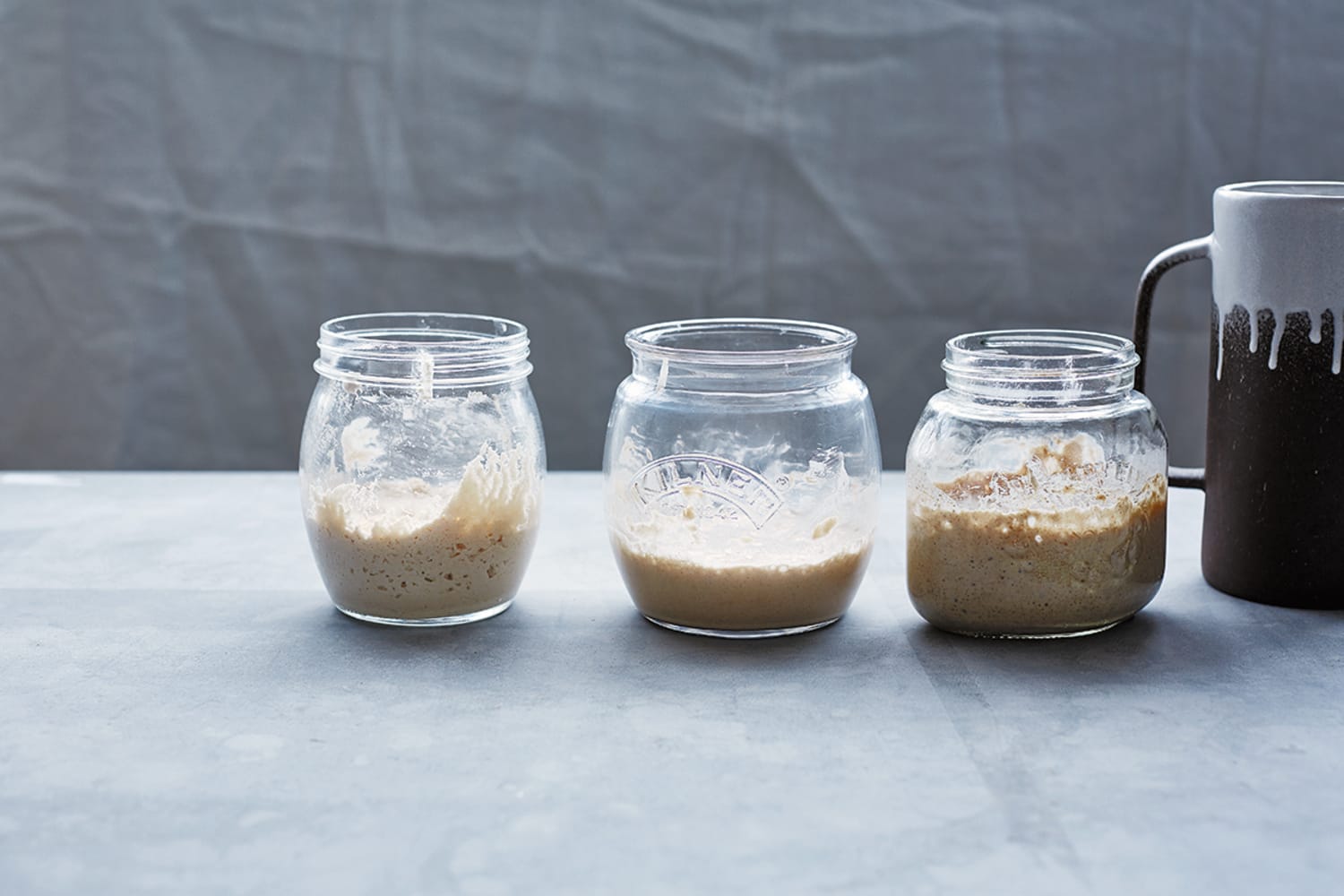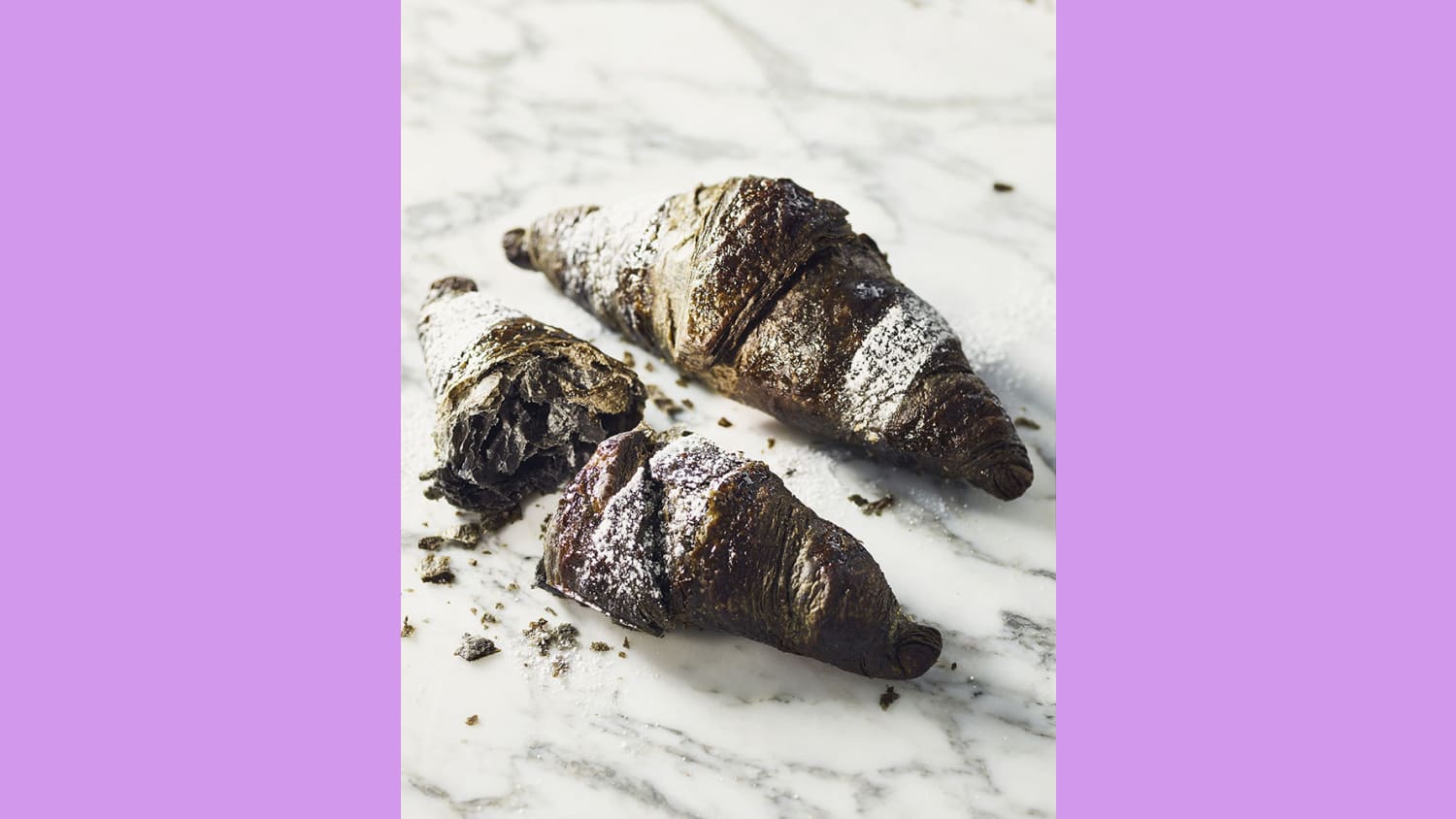It wasn’t so long ago that bread was non grata in the nutrition world, with portobello mushrooms replacing burger buns and carbs resolutely left off clean-eating regimens. But now the much-maligned loaf is getting a rethink, at the hands of several health-conscious bakers.
Melissa Sharp founded Modern Baker after experiencing the beneficial effects of a healthier diet when she was being treated for cancer in 2010. “It wasn’t long before I realised that, after adopting a healthy lifestyle, there seemed to be loads of other things that came with it,” says Sharp. “I felt much better, I had long nails, I was told how good my skin looked. And even though I was obviously very ill inside, I did feel healthy and well.”









